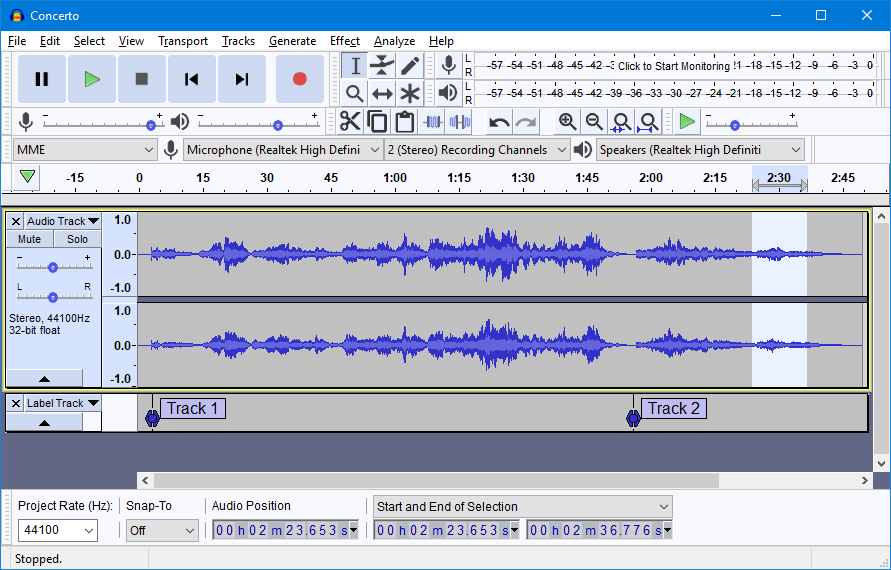The audacity: Acquisitions often make or break businesses, and it appears to be troubling times ahead for Audacity. The go-to free and open-source audio editing software for over 21 years may have just become spyware. Although the Muse Group, Audacity's new owner, has committed to keeping the software free and open-source, a recent update in the app's privacy policy has raised concerns among its userbase. Essentially, Audacity will now collect personal user data, which may be shared with third parties for business and legal reasons, as well as law enforcement agencies.
Audacity's simple, functional interface and powerful audio manipulating capabilities have long made it a favorite among newbie and expert users, especially since it's free and has been continuously worked on and improved by the open-source community for over two decades.
While all these attributes are likely to remain as is under Muse Group, the music firm that acquired Audacity in April, what's raised concern is an updated privacy policy that will now let the software collect and share personal data.
As reported by FOSS Post, the addition of several data collection mechanisms turn Audacity into possible spyware, as personal information (see below) can now be shared with law enforcement agencies, regulatory bodies and other third parties including advisors, auditors, potential buyers etc.
Audacity's privacy notice also states that users' personal data is stored on servers in the European Economic Area (EEA), and that this data will be occasionally shared with the company's main office in Russia and external counsel in the US.
Currently, there's no way to opt-out of this new policy, which restricts minors (13 years and below) from using the app. Audacity's controversial telemetry requirements are also being discussed on GitHub and Reddit, where users are now looking forward to potential forked versions that aren't into tracking user data, especially since the app has always been an offline audio editor.

